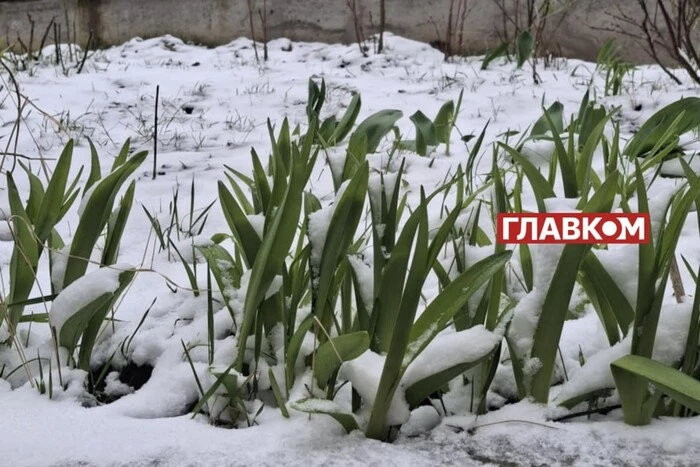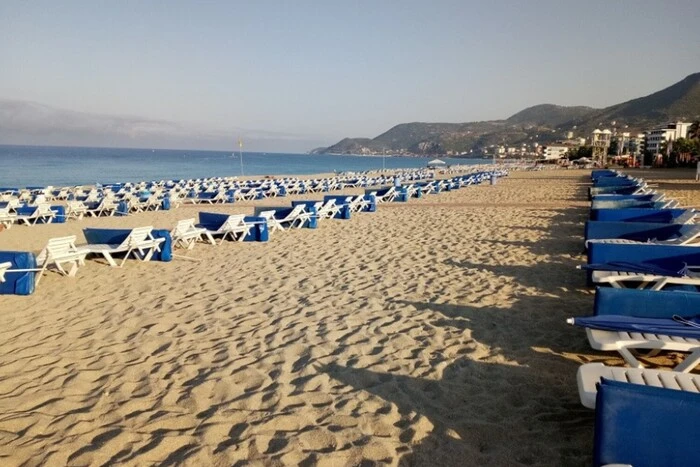Spring frosts have come to Ukraine: how will this affect the harvest.


Ukraine is facing spring frosts that may negatively impact the future harvest. Farmers are preparing for changing weather conditions. This was reported by ecologist and geobotanist Yakiv Didukh, citing 'RBK-Ukraine' and 'Hlavcom'.
At the beginning of spring, it was unusually warm in Ukraine, creating favorable conditions for pollination and plant growth.
However, the sharp drop in temperature has disrupted these plans, and the early harvest of apricots may not yield this year.
The ecologist notes that any changes in weather conditions are always dangerous for agriculture. However, farmers already know how to adapt to climate change: they plant different varieties of plants to save the harvest in case of loss of some.
Early spring rains have become a positive factor, as they ensured soil moisture, which is important for maintaining its fertility and yield in the summer.
It should be noted that on April 6, the western regions of Ukraine were covered in snow. Volyn, Ivano-Frankivsk, Lviv, and Ternopil regions were blanketed in snow. Photos and videos showing snowy streets, trees, and cars are actively being shared on social media.
Meteorologists explain this phenomenon as a cyclone that brought cold air and snowfalls. It is expected that in the coming days, temperatures will rise, and the snow will quickly melt.
As previously reported, snow fell on Odessa and the surrounding area. Local residents actively shared photos and videos, expressing their surprise and admiration.
Analysis
According to reports, spring frosts may significantly affect the future harvest, especially apricots. However, farmers have already learned to adapt to such changes and are taking measures to preserve the harvest. Early spring rains, despite the frost issues, became a positive factor, as they provided soil moisture. Stopping the cultivation of flowering trees and harvesting next year may be options that farmers consider to avoid similar problems in the future.
Read also
- I have returned! The defender touchedingly spoke with his mother after returning from captivity (video)
- In Italy, a man attacked volunteers who were gathering signatures for Ukraine's accession to the EU
- One of the largest passenger airplanes made an emergency landing in Azerbaijan
- Empty Beaches and Hotels: Experts Explained Why Turkey's Resorts Are 'Dying'
- Special Operations Forces strike planes at the 'Savasleika' airfield
- The General Staff confirmed the strike on Cheboksary: a plant producing antennas for 'Shaheds' was hit










